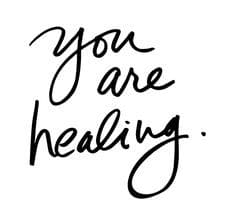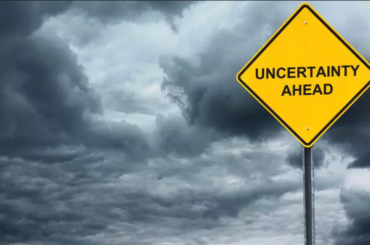The first step in 12-step programs reads approximately as follows: “We admitted we were powerless over our addiction and that our lives had become unmanageable.”

We are dealing here with two concepts: powerlessness and unmanageability. The unmanageability is a feeling that comes when everything seems overwhelming and out of control. Most people in recovery can relate to this terrible feeling, which almost always seems to accompany acute addiction.
Admitting powerlessness is not something we love to do and yet, it is the cornerstone of a life of acceptance and humility. To admit one’s powerlessness is to understand one’s place in the world. For example, we are powerless over the actions of others. We cannot control other people.
Simply understanding this can literally change the course of our life. I struggled for many years trying to “fix” my father. He was so sick and was making poor choices. It hurt me so much to see his pain and to watch the results of his poor choices right in front of my eyes. Truth be told, I became annoying to my father by trying to change him. He needed acceptance and unconditional love, but it was very difficult for me to give these to him. When he died, I thought to myself, “Wow, I’ve expended all this effort trying to make my dad better. It strained our relationship and he has still died, sick and unhappy.” That was a hard one for me to learn from in my recovery, but it has been one of the greatest lessons of my life.
How about when we admit we are powerless over an addiction as the first-step suggests.We can understand the idea that we cannot control others. Yet, it’s a weird thing – and very misunderstood by those who do not know chronic addiction – to not have power over one’s own actions. People might say, “Look how he continues to hurt himself and others. Why doesn’t he stop?” Well, for some people they have literally lost the ability to stop. The thought-emotion-action-
There is an amazing power in admitting one’s powerlessness. It is absolutely counter-intuitive, which is why our logical thinking can get in they way. In recovery you will hopefully come to learn the many ways that you are powerful, and you will be blessed indeed not to forget the places where you are powerless.
I wish this for you.
Love and Acceptance,
Tommy Rosen







1 Comment
“It is absolutely counter-intuitive, which is why our logical thinking can get in the way.”. Yes, yes, yes!!
I struggle a great deal with this in codependency – mostly with the thought process of “why can’t they see how their behavior is feeding/perpetuating the cycle?!”
I need to remember that I am powerless over other peoples behavior. Thank you for the reminder.
Val
PS – Very excited for the next Recovery 2.0 coming up!!